Our series of deep dives into the coronavirus pandemic continues with a close-up look at wastewater surveillance as a public health tool. These webinars are FREE for water and wastewater professionals.
This webinar will cover the following topics:
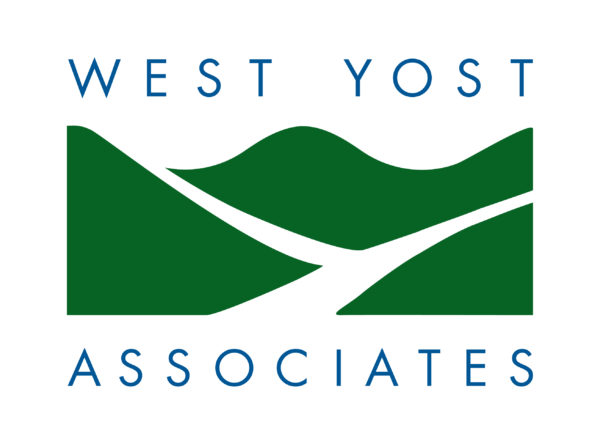
Thank you to our sponsor West Yost
This webcast is organized by CWEA’s Education Team in partnership with the California Association of Sanitation Agencies (CASA).
During the webinar registration process, you will be able to provide information about your agencies use of wastewater surveillance, or leave the questions blank if you don’t know. We’ll share, agency to agency what everyone is learning about this emerging public health monitoring process.
Live webinar participants who participate in the full webinar through a personal computer, smartphone or tablet will receive 1.8 contact hours toward all CWEA technical certifications.
Moderator: Greg Kester, Director of Renewable Resource Programs, California Association of Sanitation Agencies
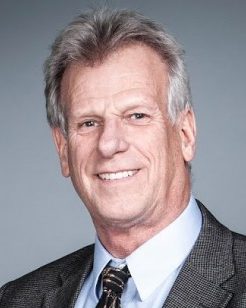
Greg Kester is the Director of Renewable Resource Programs for CASA and the California coordinator for information about the coronavirus in wastewater. Greg is CASA’s subject matter expert on matters pertaining to renewable resources. He manages emerging issues at the local, state and federal level and within the private sector on all biosolids, renewable energy, recycled water, climate change mitigation and related issues.
Speaker Panelist: Lan Wiborg, Director of Environmental Services, Orange County Sanitation District
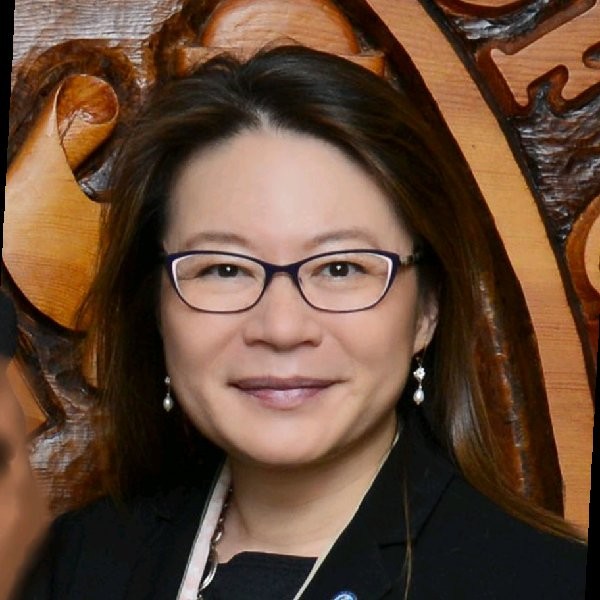
Lan Wiborg, Orange County Sanitation District Lan is the Director of Environmental Services at Orange County Sanitation District, and oversees OCSD’s resource protection, environmental compliance, regulatory affairs, ocean monitoring, laboratory and source control operations. Previously, Lan served as the City of San Diego’s Deputy Public Utilities Director overseeing water and energy resource planning and water conservation.
Speaker Panelist: Jay Garland, Research Scientist, Center for Environmental Solutions and Emergency Response, Office of Research & Development, US EPA
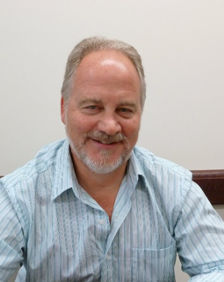
Dr. Jay L. Garland joined the EPA’s Office of Research and Development in 2011. Dr. Garland received a Ph.D. in Environment Science from the University of Virginia and spent over 20 years working on NASA’s efforts to develop closed, bioregenerative life support systems for extended human spaceflight. NASA recognized him for innovative technical achievements four separate times. He has worked on a range of topics, including methods for microbial community analysis, factors affecting survival of human associated pathogens, and various biological approaches for recycling wastes. Dr. Garland has completed visiting fellowships and professorships at the Institute for Environment Sciences in Japan, the University of Innsbruck in Austria, and the University of Buenos Aires in Argentina. His current efforts focus on advancing innovative approaches to water infrastructure, including decentralized water reuse, and mitigating risks associated with antimicrobial resistance in the water cycle.
Speaker Panelist: Mia Mattioli, Environmental Engineer, Waterborne Disease Prevention Branch, National Center for Emerging and Zoonotic Infectious Diseases, Centers for Disease Control and Prevention
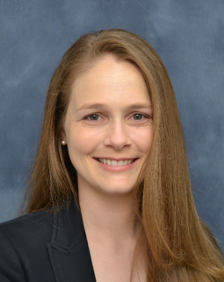
Dr. Mattioli serves as the domestic activity lead for the Centers for Disease Control’s Environmental Microbiology Laboratory of the Waterborne Disease Prevention Branch within the Division of Foodborne, Waterborne and Environmental Diseases and the National Center for Emerging and Zoonotic Infectious Diseases. Her work focuses on environmental health research areas such as drinking water, irrigation water, wastewater, recreational water, soil, food, water distribution systems, and the development of advanced molecular detection technologies. Her research is focused on the intersection between the environment and human health with a specific interest in the relationship between, and fate and transport of, fecal indicators and enteric pathogens in various environmental matrices. Dr. Mattioli leads the environmental investigations of waterborne outbreak responses by the CDC, and she the technical lead for assessing the use of national wastewater surveillance system to inform the COVID-19 response. She has a Bachelor of Science in Biological Engineering from the University of Georgia and a Master and Ph.D. in Environmental Engineering from Stanford University.
Speaker Panelist: Mark Starr, Deputy Director for Environmental Health, California Department of Public Health
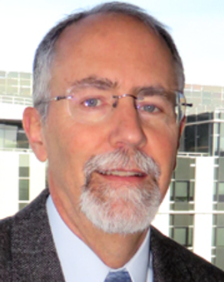
Dr. Mark Starr was reappointed by Governor Newsom in 2020 as the Deputy Director for Environmental Health in the California Department of Public Health (CDPH). Since 2012, he has led the Center for Environmental Health, which encompasses Food and Drug Safety, Cannabis Safety, Radiation Safety and Environmental Management programs, as well as supporting laboratories. He has also been serving as the Acting Director of CDPH’s Office of Health Equity since August 2019, and he is the designated State Environmental Health Director. Previously, Mark was the Director of Community Health, Clinics and Animal Services for Placer County for 5 years; he was with CDPH’s Division of Communicable Disease Control for 12 years, including four years as Chief of the Division; and he was the Chief Epidemiologist for Sacramento County from 1990-1995. Mark has also been an adjunct professor for the Masters of Public Health program at UC Davis since 2004, and he previously taught courses in epidemiology and public health at other universities. He has served in numerous leadership roles for various organizations in public health, veterinary medicine, and other areas at national, state and local levels – currently including the Council of Advisors for the One Health Commission.
Introducer: Arvind Akela, Engineering Director, Silicon Valley Clean Water
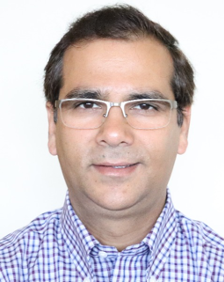
Mr. Akela has over fourteen years of experience in engineering and project management of water and wastewater projects. Mr. Akela currently serves as Director of Engineering at Silicon Valley Clean Water (SVCW), a wastewater treatment plant located in Redwood City, California. He has been responsible for implementing an array of projects for wastewater but has keen interest in energy and biosolids for the agency. He has been instrumental in bringing some of the innovative technologies and solutions to SVCW that include aeration system upgrade, dewatering system upgrade, food waste receiving and processing system, demand management through energy storage, codigestion of fats, oils and grease, improvements to primary sludge thickening and upgraded new primary utility service to the plant.